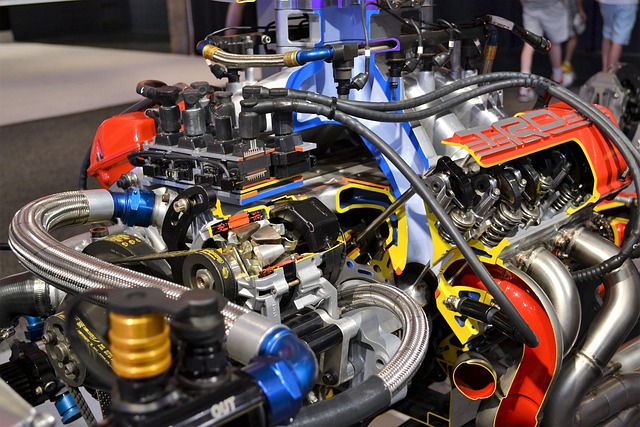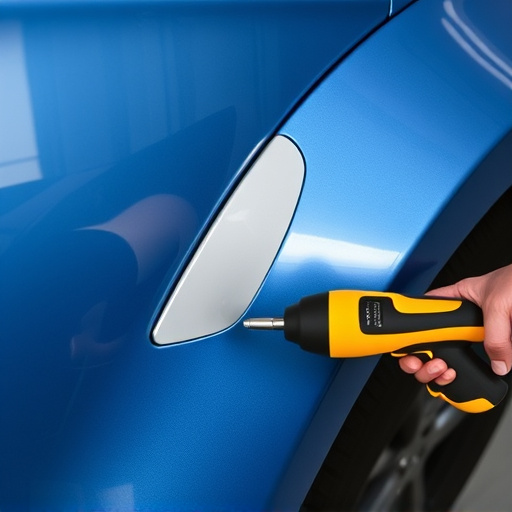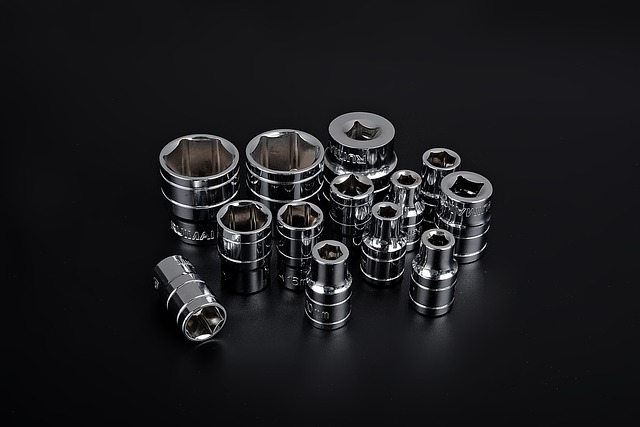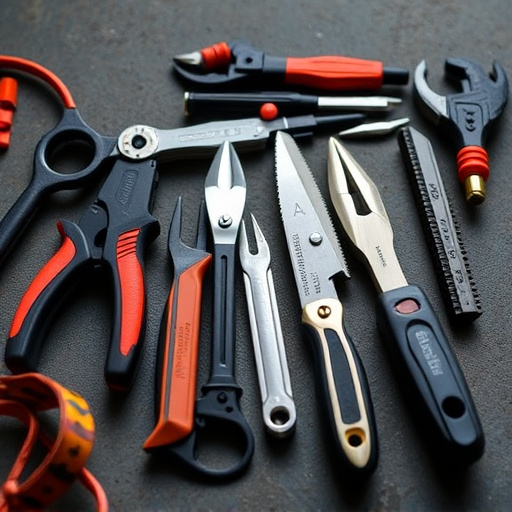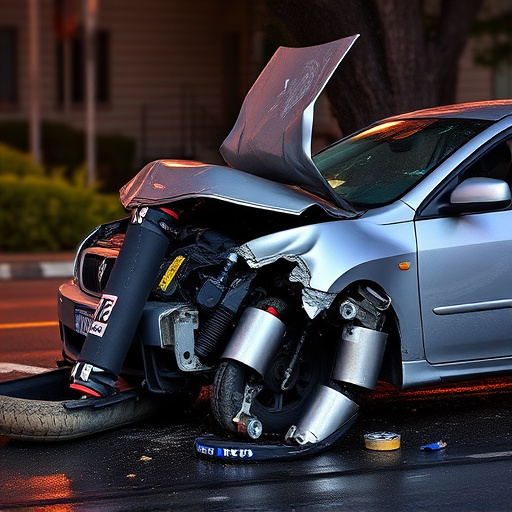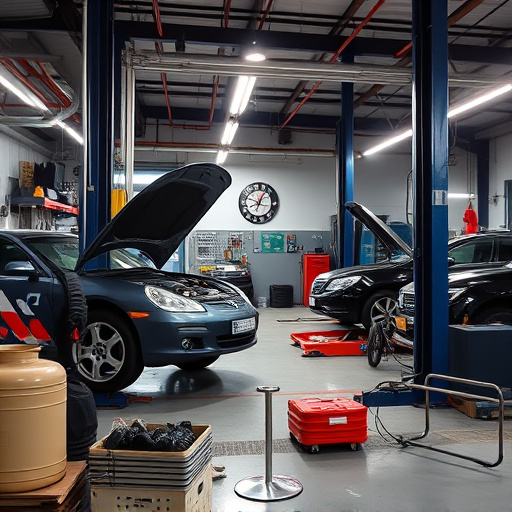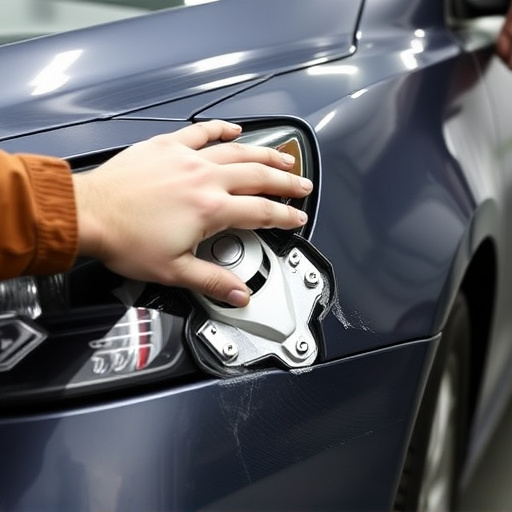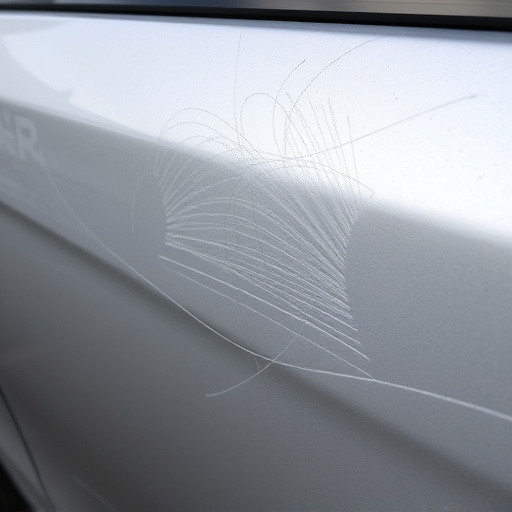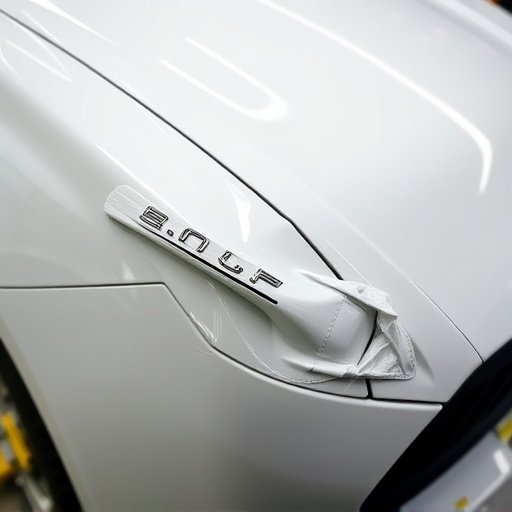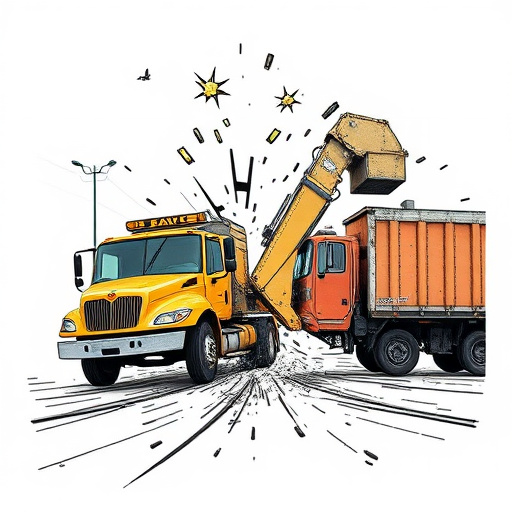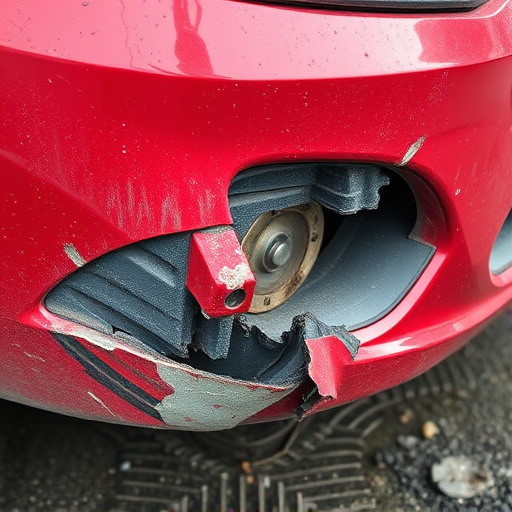Regular brake system collision checks (every 6 months or after accidents) identify worn parts, leaks, and damage, ensuring optimal braking performance and preventing collisions. Inspect pads for wear, check fluid levels, and examine lines for leaks. Proactive maintenance enhances control, boosts driver confidence, saves money on repairs, and extends brake component lifespan.
In today’s digital era, understanding your vehicle’s critical systems is paramount for safety. One often overlooked yet vital component is the brake system. Among its many checks, the brake system collision check stands out as a game-changer in preventing future failures. This article delves into the intricacies of this process, guides you on how to conduct regular checks, and emphasizes the immense benefits of preventative maintenance for your brakes, ensuring a secure driving experience.
- Understanding Brake System Collision Check
- How to Conduct Regular Checks
- Benefits of Preventative Maintenance for Brakes
Understanding Brake System Collision Check
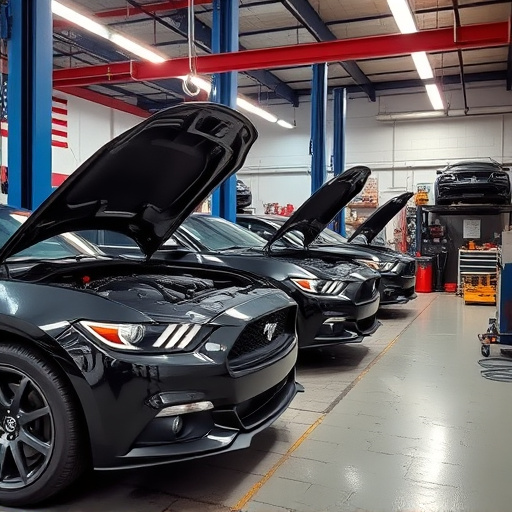
The brake system collision check is a critical safety feature designed to identify potential issues within your vehicle’s braking mechanism. This process involves simulating a collision scenario and checking the responsiveness and performance of the brake system. By doing so, it can uncover any problems, such as worn-out components or leaks, that could lead to future brake failures. Regularly performing this check is essential for maintaining optimal vehicle safety, especially during high-speed driving conditions.
This advanced feature goes beyond simply ensuring your brakes work; it aims to prevent accidents by enabling timely repairs. For instance, if a dent removal or auto body repair is needed due to a collision, the check can reveal whether the incident has affected brake performance. In the event of significant damage, requiring collision repair services, this system acts as an early warning sign, allowing drivers to address the issue before it escalates into a more serious safety hazard.
How to Conduct Regular Checks

Regular brake system collision checks are an essential part of vehicle maintenance that often goes overlooked. To stay safe on the road, it’s crucial to perform these checks at least every 6 months or after any accident, even if minor. Begin by inspecting the brakes for signs of wear, corrosion, or damage. Check the thickness of the brake pads and look for cracks or uneven surfaces, as these could indicate a need for replacement.
During the inspection, pay close attention to the brake fluid levels, ensuring they are within the recommended range. Top up if necessary using only the type and quality specified by the vehicle manufacturer. Additionally, verify the condition of the brake lines and components, looking for any signs of leaks, dents, or damage that might suggest a need for car body repair. If you’re unsure about any aspect, it’s best to consult a professional at a trusted car body shop offering collision repair services.
Benefits of Preventative Maintenance for Brakes

Regular preventative maintenance for your brake system is a crucial step in ensuring safe driving and preventing future failures. The brake system collision check is a proactive approach that plays a vital role in maintaining optimal vehicle performance. By performing routine checks, even minor issues like worn-out pads or compromised fluid levels can be identified early on. This simple measure significantly reduces the risk of sudden brake malfunctions during critical moments, especially after an incident like a fender bender.
A well-maintained brake system offers numerous advantages. It enhances vehicle control and stability, ensuring drivers can navigate through various driving conditions with confidence. Moreover, regular maintenance can extend the lifespan of brake components, saving you money in the long run. Unlike a collision center where repairs might be necessary after an accident, preventative care focuses on keeping your brakes in top shape, thereby reducing the need for costly auto painting and extensive repairs.
Regularly performing brake system collision checks is a proactive step towards ensuring safe driving and preventing catastrophic brake failures. By integrating these routine inspections into your vehicle maintenance regimen, you can significantly enhance your braking performance and reduce the risk of accidents. Remember, preventative maintenance for brakes is key to keeping both you and the road safe.

